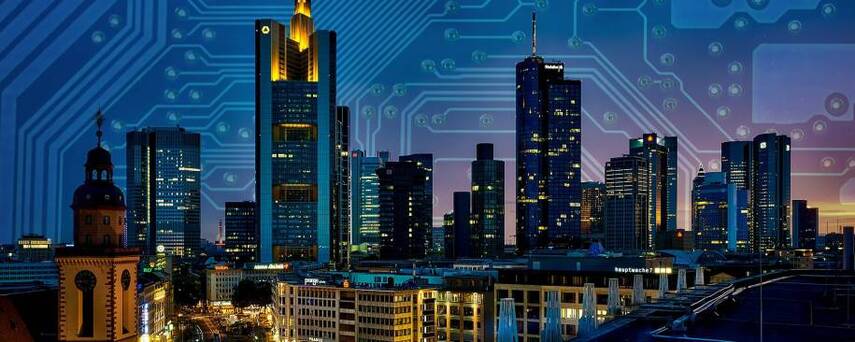The ministry has also urged the smart city authorities to choose a project that will directly show the quality of the life of the residents. The ministry is set to bring out the reports on these high impacts on October 2nd, which will be the 150th anniversary of Mahatma Gandhi.
The cities that have been selected under smart cities mission have a total of 5,151 projects. The minister also informed that the towns under smart city project have incorporated particular purpose vehicle and constituted city-level advisory while 97 of them have procured project management consultants.
In June last year, the government announced Shillong as the 100th city as the part of the smart city project. Other cities included in the list are Biharsharif (Bihar), Diu (Daman & Diu), Erode (Tamil Nadu), Itanagar (Arunachal Pradesh), Kavaratti (Lakshwadeep) and Bareilly, Moradabad & Saharanpur (Uttar Pradesh).
Before we discuss it further let us explain what a smart city is. There is no universally accepted definition of a smart city; it varies from city to city and country to country. However, the main objective of a smart city is to provide core infrastructure, decent standard of living in a sustainable environment. Core infrastructure includes adequate water supply, proper electricity connection, adequate sanitation, solid waste management, efficient public transport, affordable housing, etc.
Key features:
- Promote mixed land use in area-based developments
- Provide equal housing opportunities
- Create walkable localities ad reduce congestion, pollution thus elevating the lifestyle
- Citizen friendly governance
- Providing new identity to the city
- Using smart solutions to infrastructure and services to improve them
In 2015, the central government launched the smart city challenge where the state had to nominate their cities and compete with each other to get the funding for the same. Total of 98 cities was shortlisted from the nominations received. In the first round, 20 cities were selected, 27 in second and the rest in third.
Cities such as Singapore, Barcelona, London, and Seoul are some of the cities that have adopted the smart solution to provide better infrastructure and standard of living. They use smart street lightings that are energy and environment efficient. Copenhagen sends less than 2 percent of its waste to landfills. Most of it is used to generate energy or are recycled.







